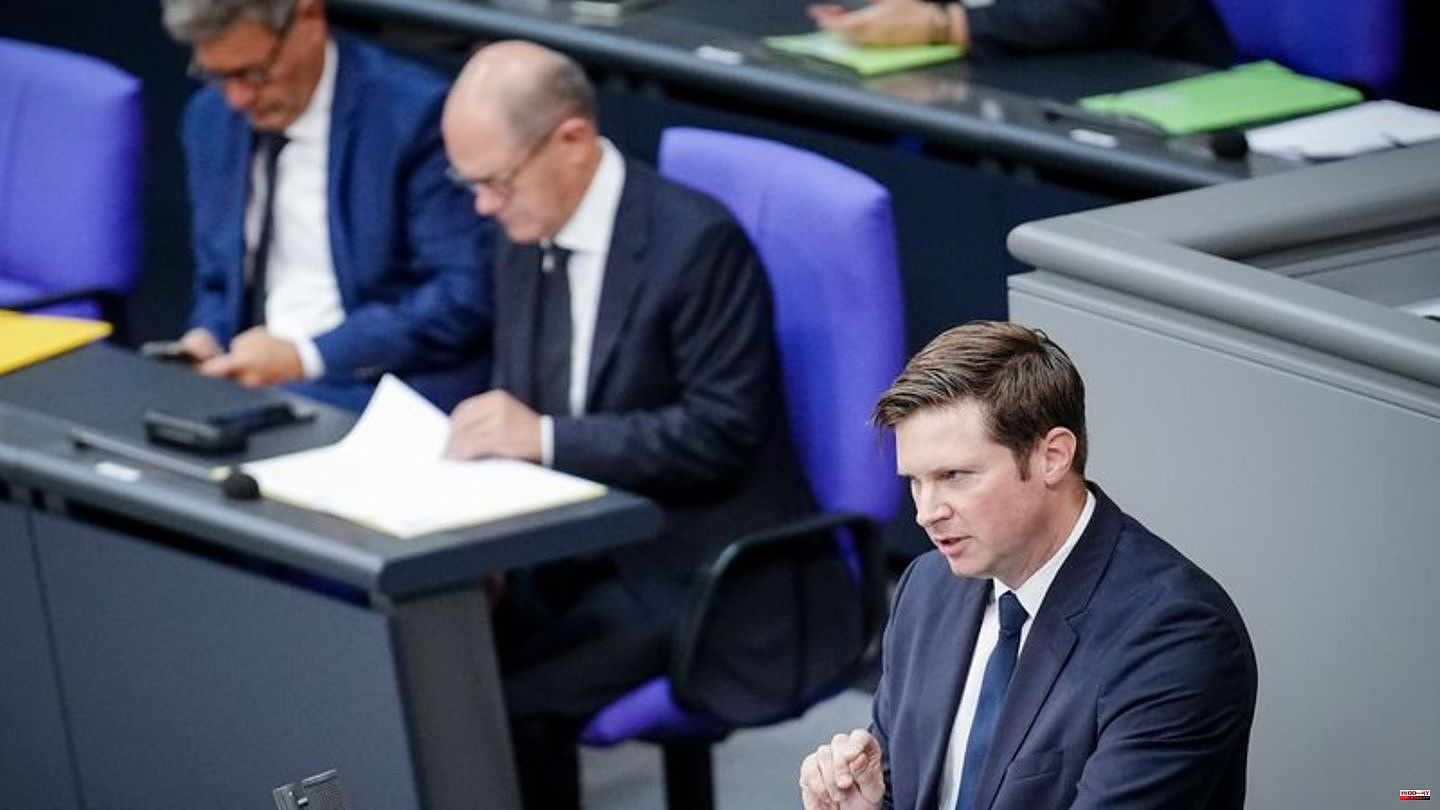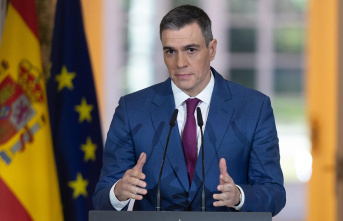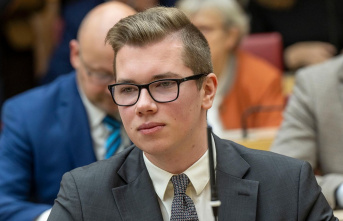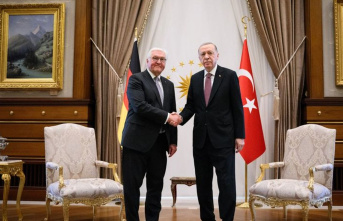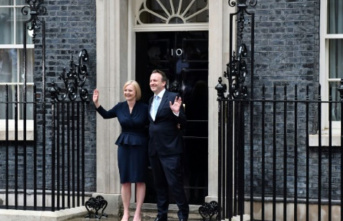When presenting the draft budget for the coming year, the Federal Ministry of Finance confirmed that the debt brake enshrined in the Basic Law must again be complied with. Inflation and its consequences are the biggest current problem in Germany, said Finance Secretary Florian Toncar in Parliament on Tuesday.
There is "quite a consensus that today we no longer need expansionary fiscal policy, but a planned return to falling deficits," he said. Nevertheless, Germany, Europe and the world are facing a test that has not been seen in a long time due to the consequences of the corona pandemic and the Russian attack on Ukraine.
Lindner: No reason to suspend the debt brake
Federal Finance Minister Christian Lindner (FDP) told the "Süddeutsche Zeitung" that he saw no reason to suspend the debt brake "because there is no money for a coalition agreement project". Lindner: "That may be a political catastrophe, but in terms of the debt brake it isn't." He basically left open the way to increased borrowing and said: "If the situation makes it necessary and the constitution allows it, then I reserve the right to use this ultima ratio."
Criticism came from the opposition. The CSU budget politician Sebastian Brehm spoke of a "deceptive package" and accused the federal government: "You are presenting a budget that is wrong from the start." The opposition also attacked Federal Family Minister Lisa Paus (Greens) in the Bundestag because of the cancellation of the federal "Language Daycare" program and the coalition's family policy.
Spending over 445.2 billion euros planned
During the budget week, the budgets of the individual ministries are discussed until Friday. The budget envisages spending totaling 445.2 billion euros - significantly less than in previous years, when budgets were even more heavily influenced by economic aid in the corona pandemic. It is Lindner's first work as finance minister. His predecessor, today’s Chancellor Olaf Scholz (SPD), had pre-designed the budget for 2022.
What is particularly important to Lindner should have been understood by now anyway: Despite new challenges from the Ukraine war, despite the energy crisis, high prices and relief packages, the federal government should not incur more debt than the Basic Law allows. That was different in the past three years, because of the Corona crisis, the Bundestag had put an exception rule in the debt brake into force. The result: 130.5 billion euros in new loans in 2020; 215.4 billion euros in 2021 and up to 138.9 billion euros in new debt this year.
The most important data and facts about Lindner's budget plans:
Economic starting position
Energy prices have skyrocketed due to the Russian war in Ukraine and reduced gas supplies. The inflation rate is now scratching at eight percent, and even groceries have become significantly more expensive. Private consumption, an important pillar of the economy, is slowed down. At the same time, however, the state is collecting more taxes than in the years with corona lockdowns. The economy was able to pick itself up in the first two quarters - but now experts are expecting another slump.
The budget volume
Lindner is planning expenditures of 445.2 billion euros for the coming year. That is around 100 billion less than in 2021, when, among other things, companies had to be rescued by the pandemic. "How was this result achieved? Through consolidation," the 43-year-old explained his numbers. In seven individual plans, i.e. ministries, less money is now available. 3000 jobs are to be cut. Lindner made it clear that he had to do a lot of convincing with his cabinet colleagues. However, the Federal Court of Auditors accuses him of distorting the picture: billions in expenditure for climate and transformation, digital and the Bundeswehr are not included in the budget because they run through special funds.
The debt brake
On paper, it is met again. The regulation in the Basic Law does not prescribe a zero-debt policy for the federal government, but allows small amounts of credit depending on the economic situation. Lindner makes full use of this with 9.9 billion euros. However, 7.3 billion euros in loans for statutory health insurance and the International Monetary Fund (IMF) will also be financed through new debt, which the finance minister does not have to count towards the debt brake. Results in net borrowing of 17.2 billion euros.
To ensure that this is sufficient, Lindner also draws on an old reserve that the federal government had saved for refugee costs. 40.5 billion euros are to be withdrawn from it in 2023 - much more than planned, which means that only slightly more than seven billion euros are left for the following years. The Court of Auditors accuses Lindner of concealment here too: In the case of real net borrowing, the reserve must be taken into account just like loans from special funds. It actually amounts to 78 billion euros, more than four times as much as stated in the budget.
investments
Expenditure on investments remains at a comparatively high level of more than 50 billion. Biggest block is the traffic. More funds are planned for parental allowance, social housing, student loans, development cooperation and humanitarian aid. Floating liquid gas terminals are also financed. Important investments for climate protection, such as the promotion of renewable energies, the development of a charging infrastructure and the decarbonization of industry, will be financed from a special fund.
Problems
Rising interest rates also mean more spending for the federal government. Lindner speaks of a "steep wall" that is building up, for 2023 alone he has planned around 30 billion euros to service the recently accumulated debt. At the same time, the pension must be supported with the huge sum of 112 billion euros. Health insurance can no longer get by, even with an increased federal subsidy.
And then there remains the uncertainty of how inflation will develop. Will further relief packages be necessary? Lindner has planned five billion euros for crisis precautions, as well as a so-called global provision of nine billion euros for economic fluctuations. But this money could be gone quickly. There is little leeway for the coalition partners' favorite projects such as basic child security, citizen income and share pensions.

